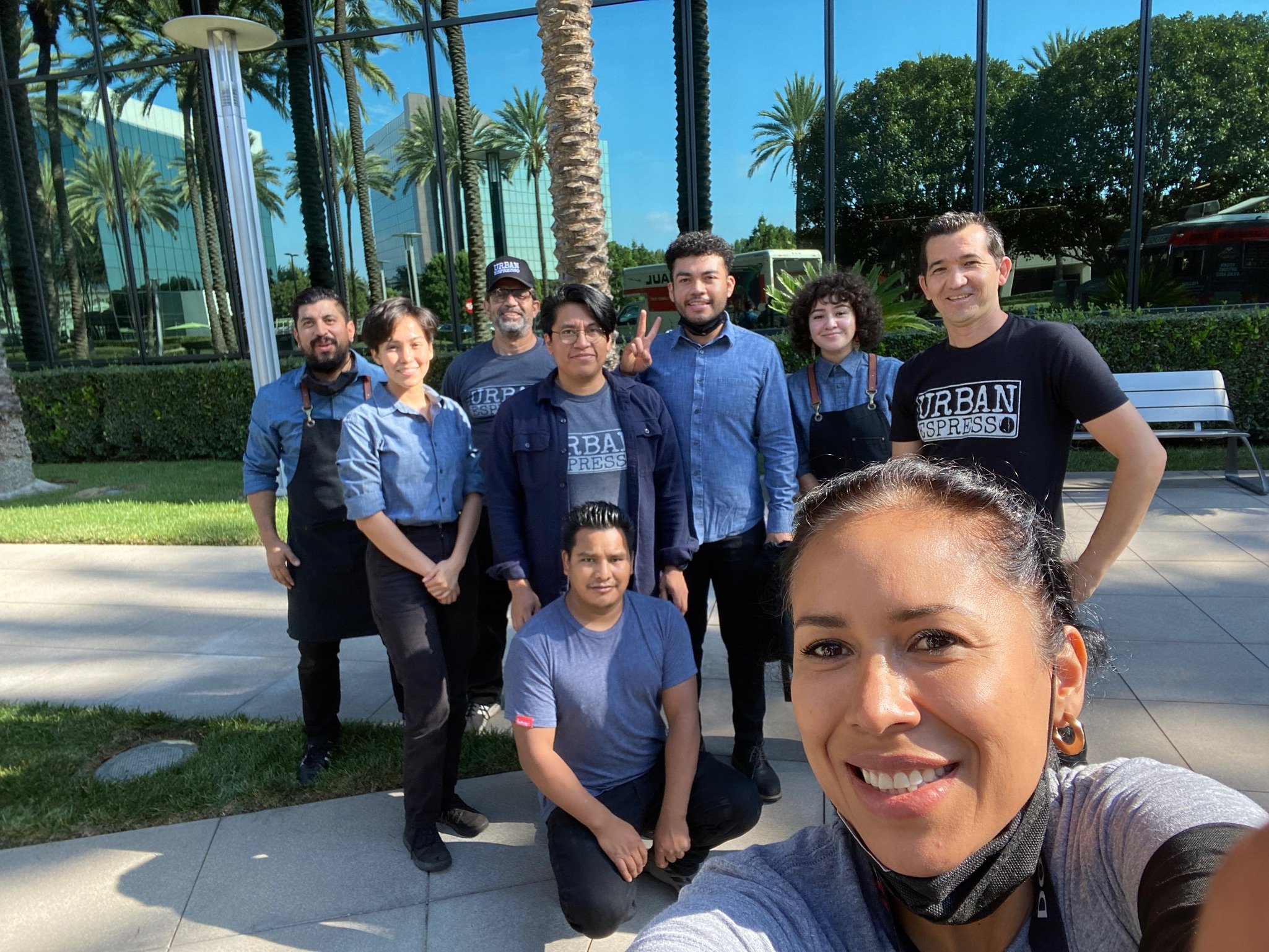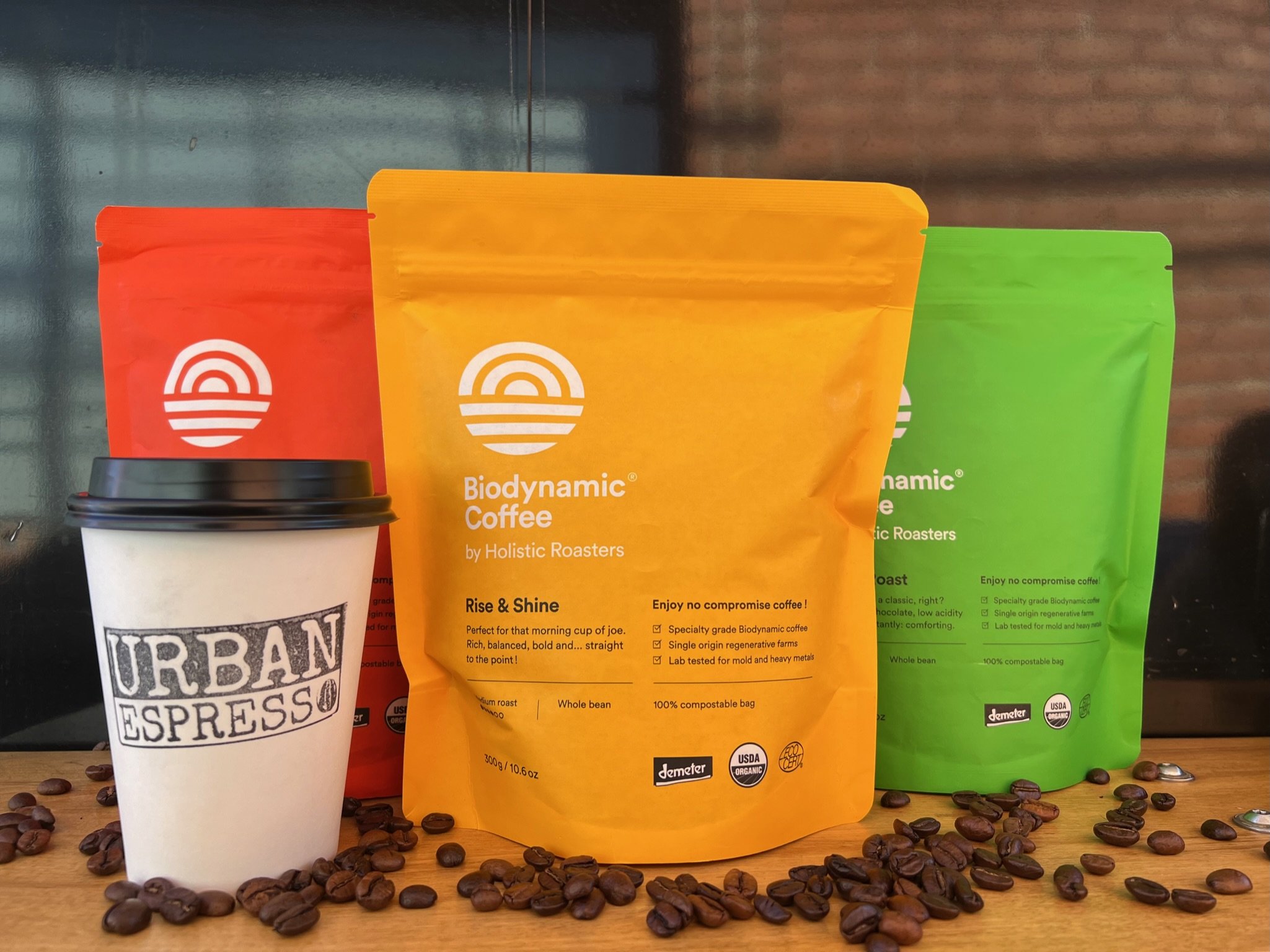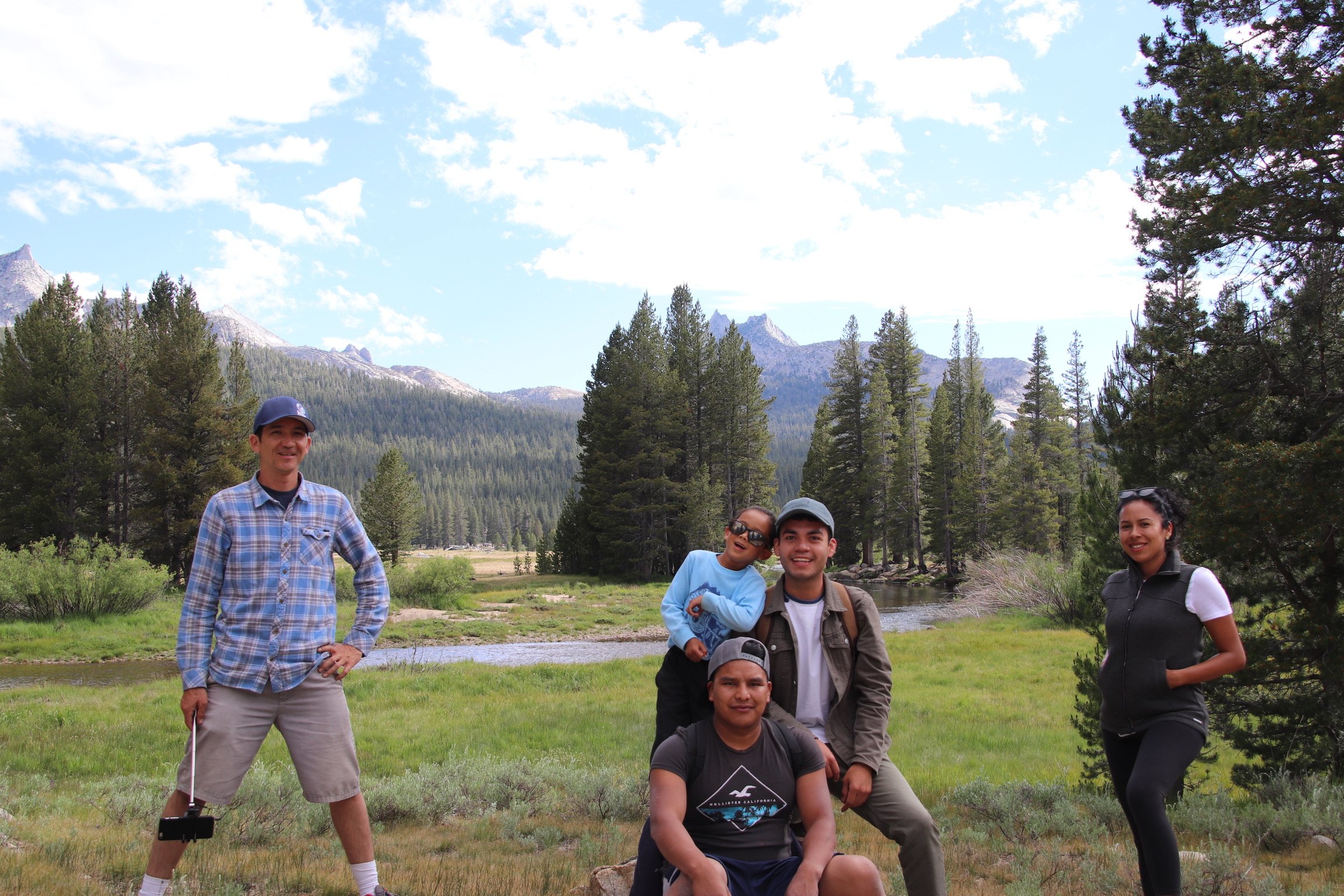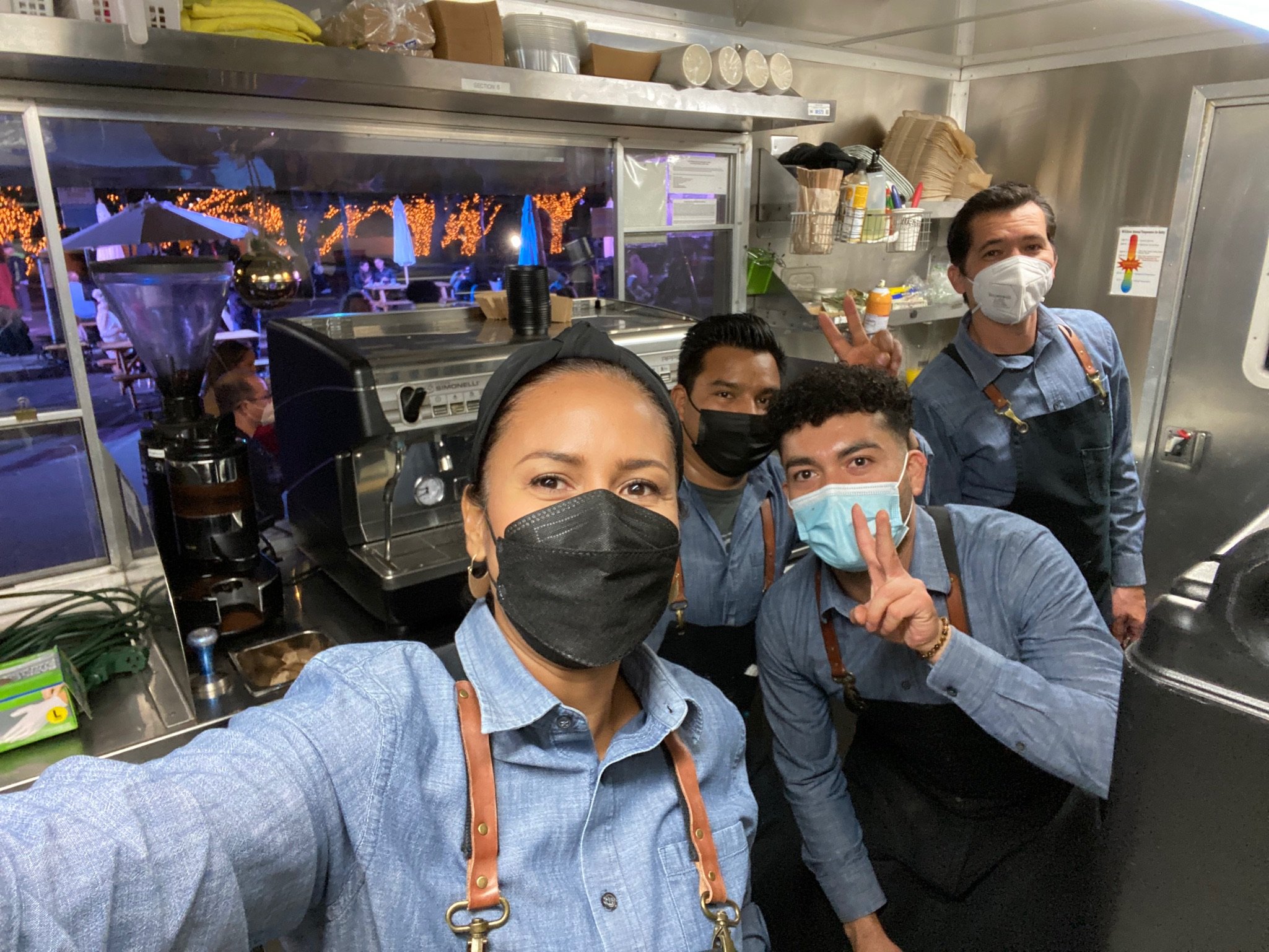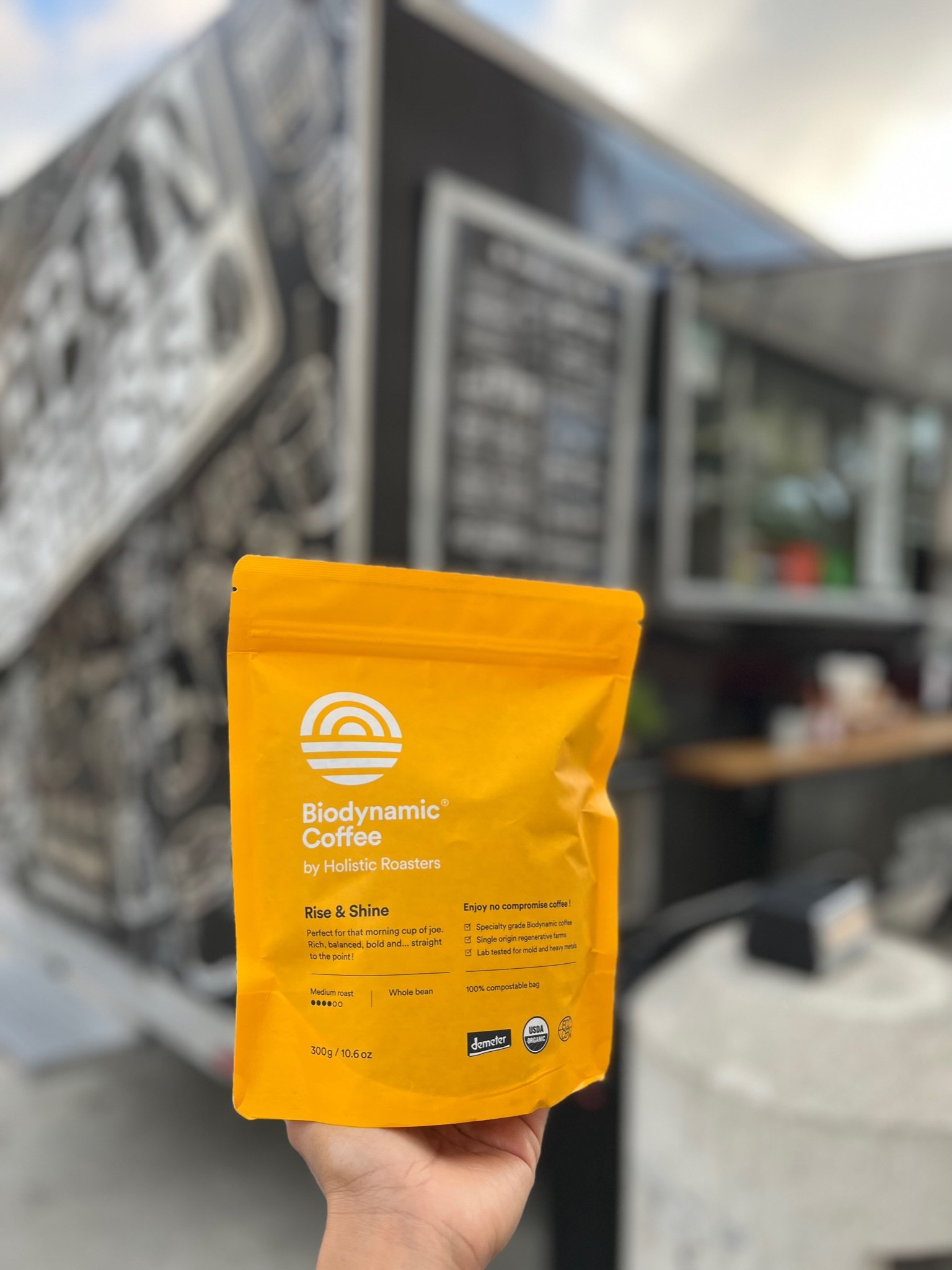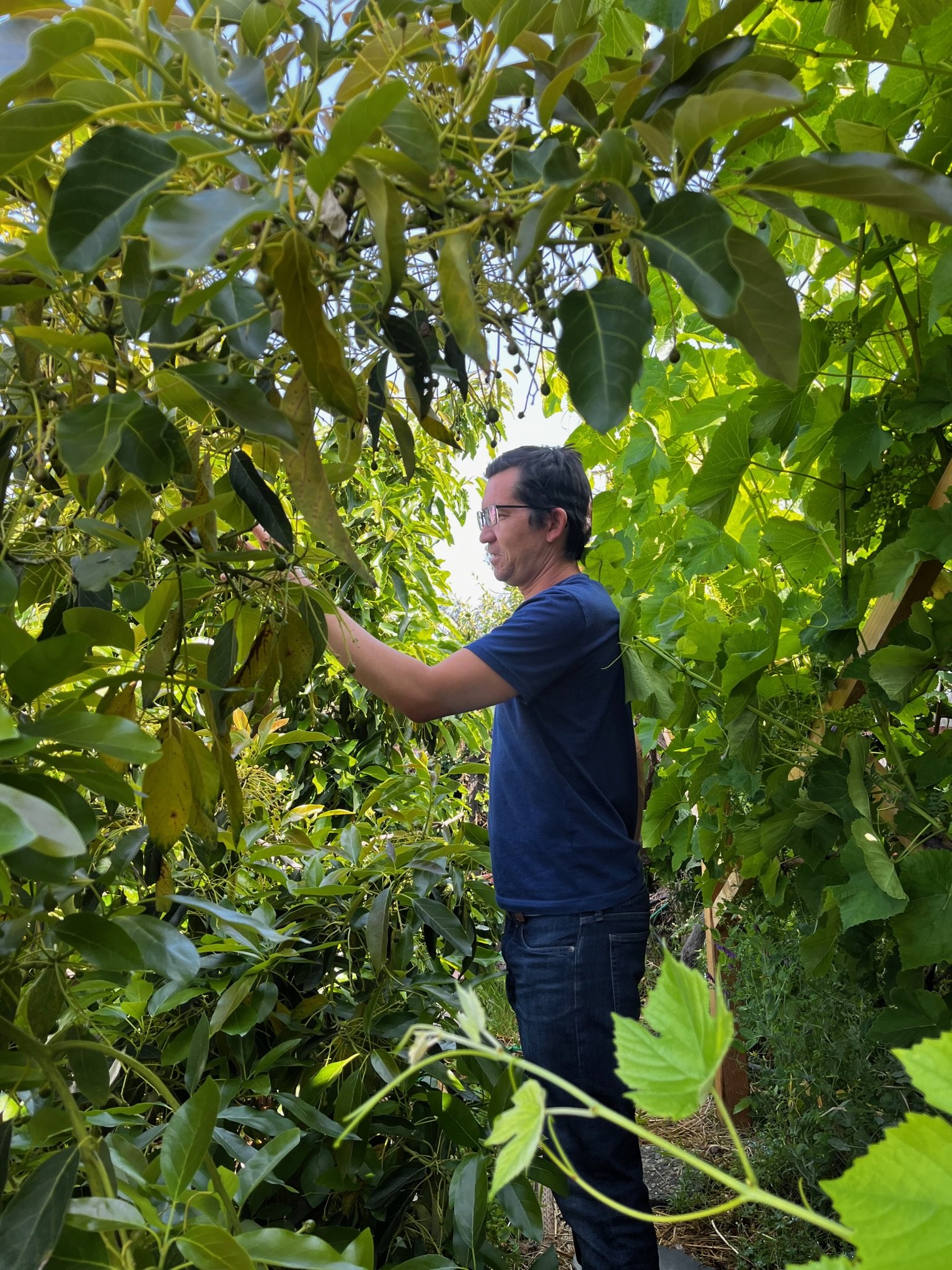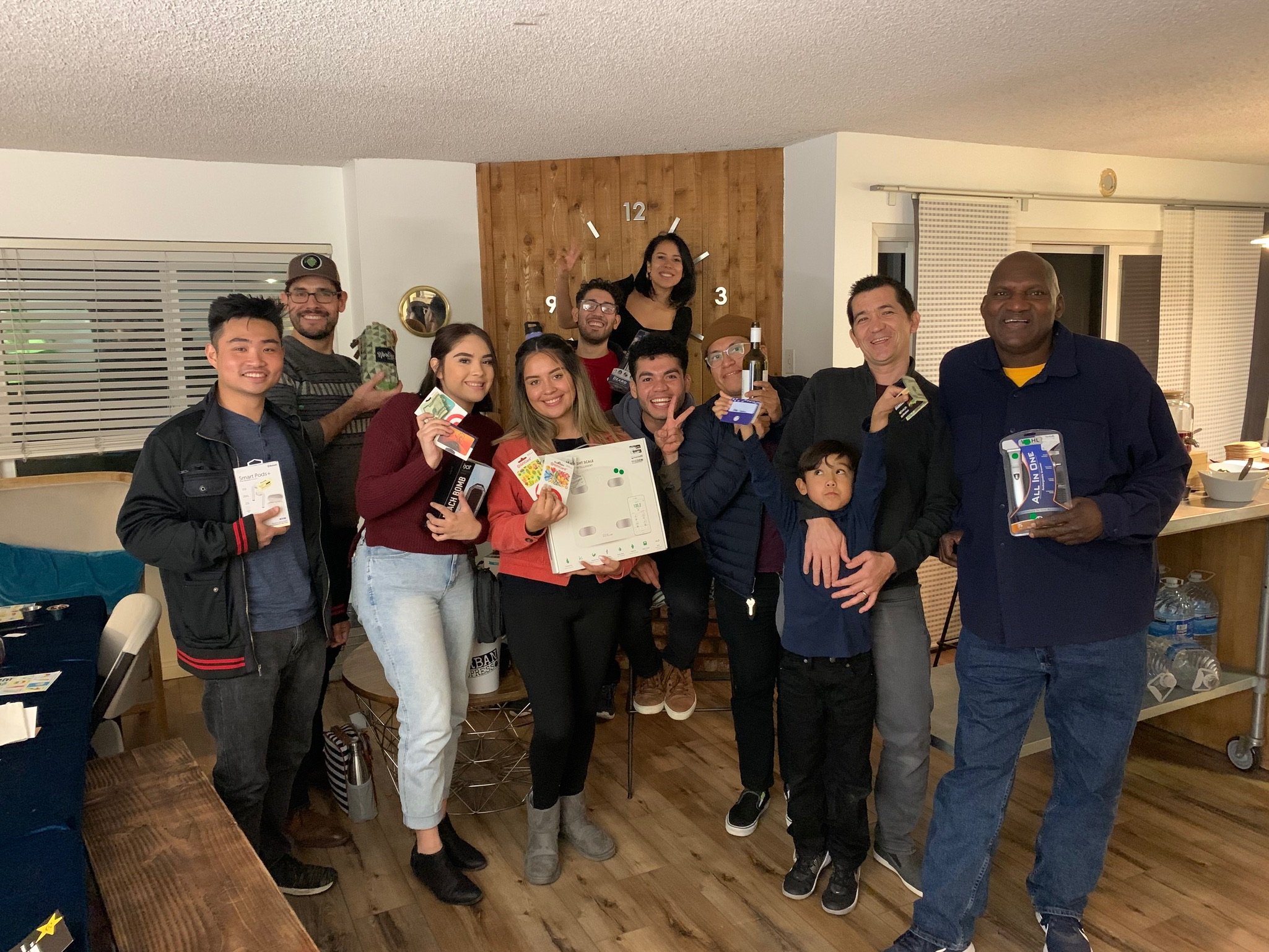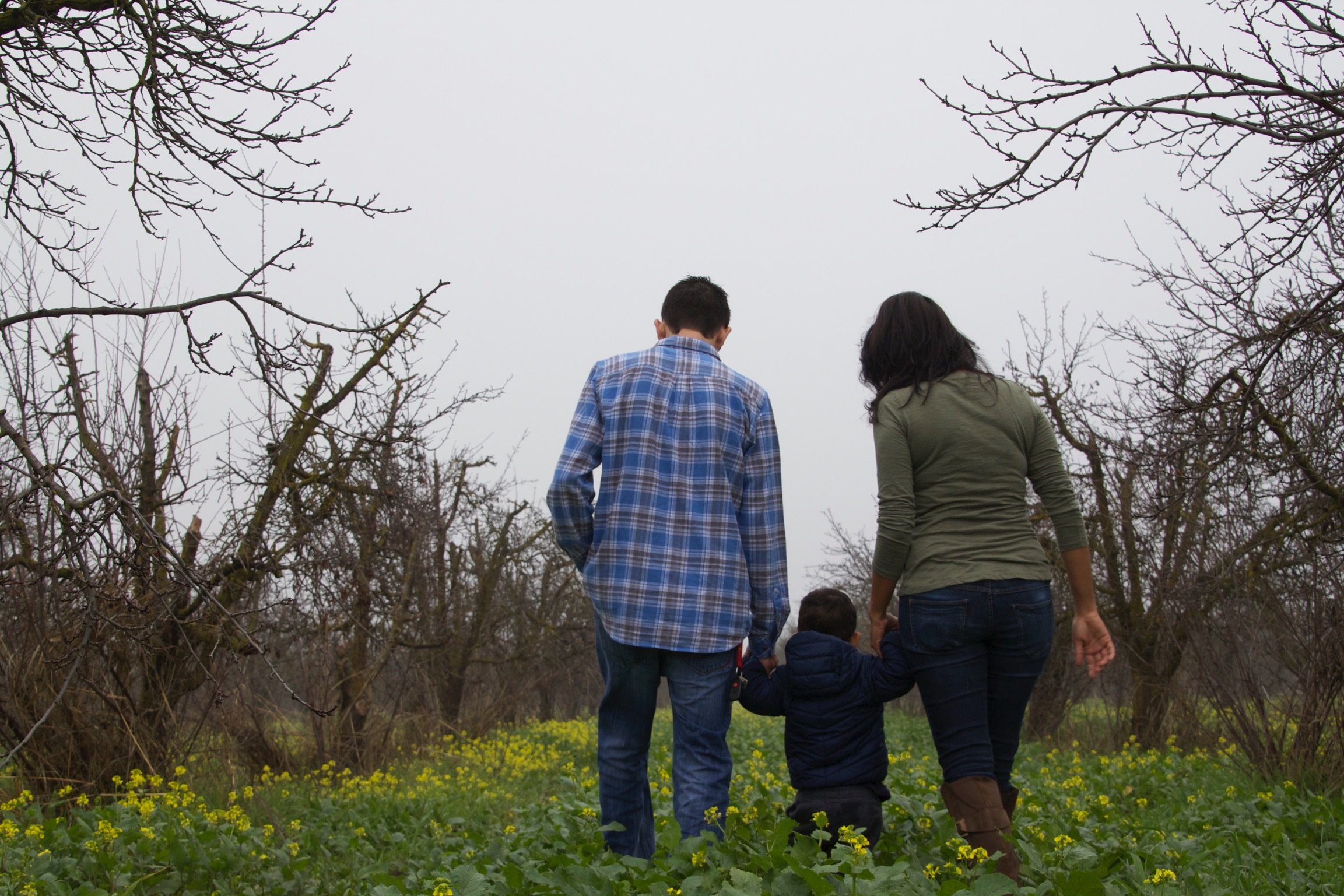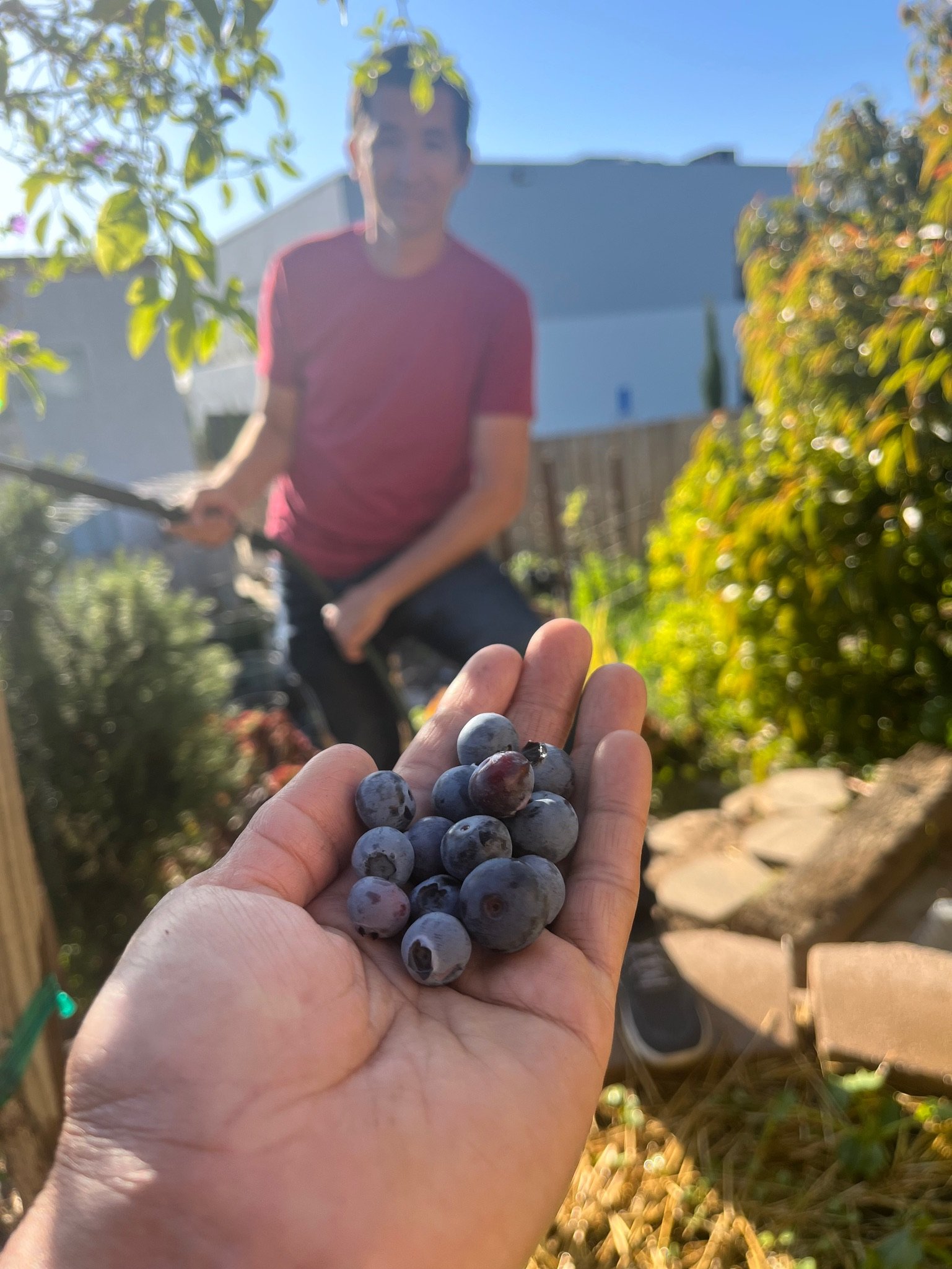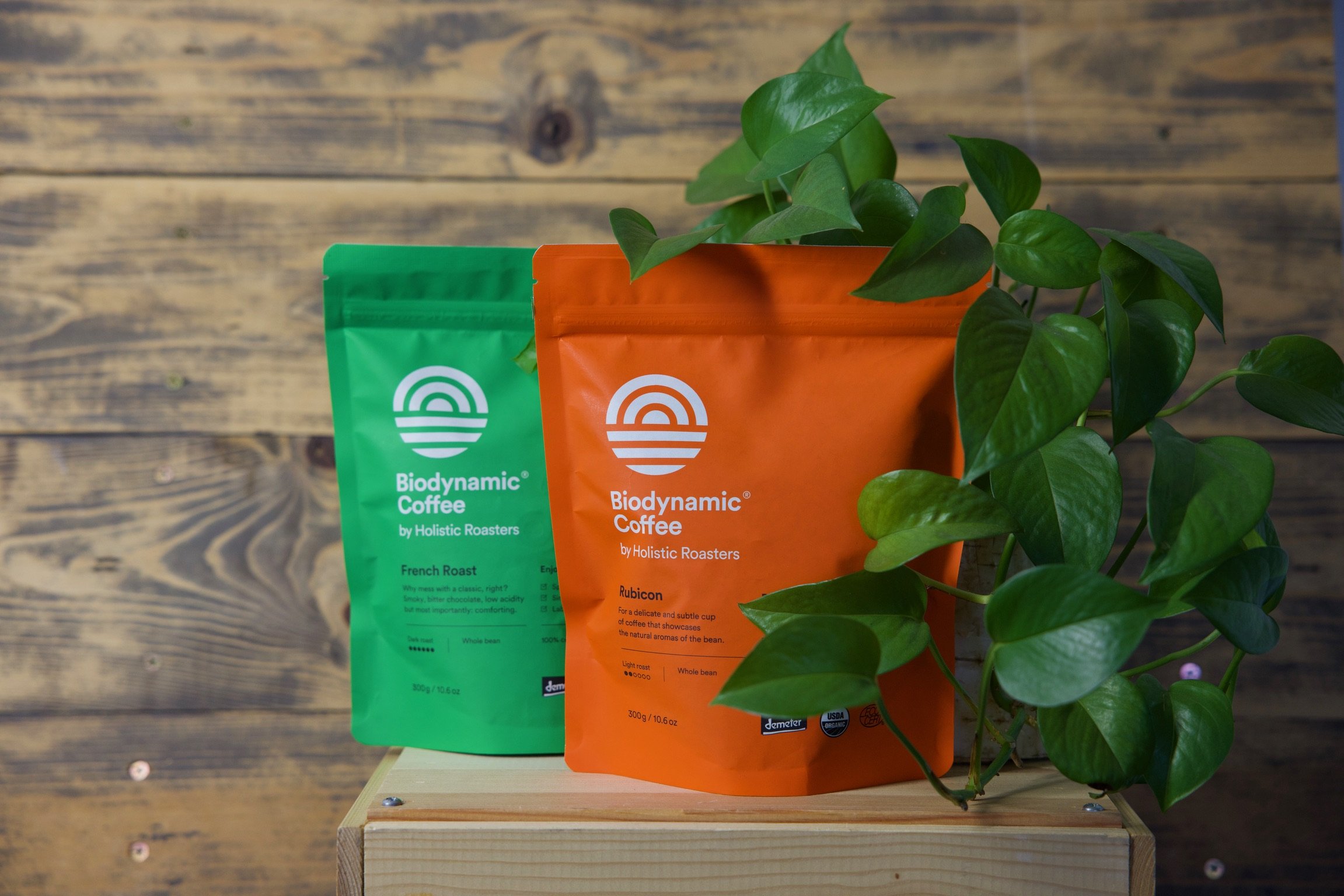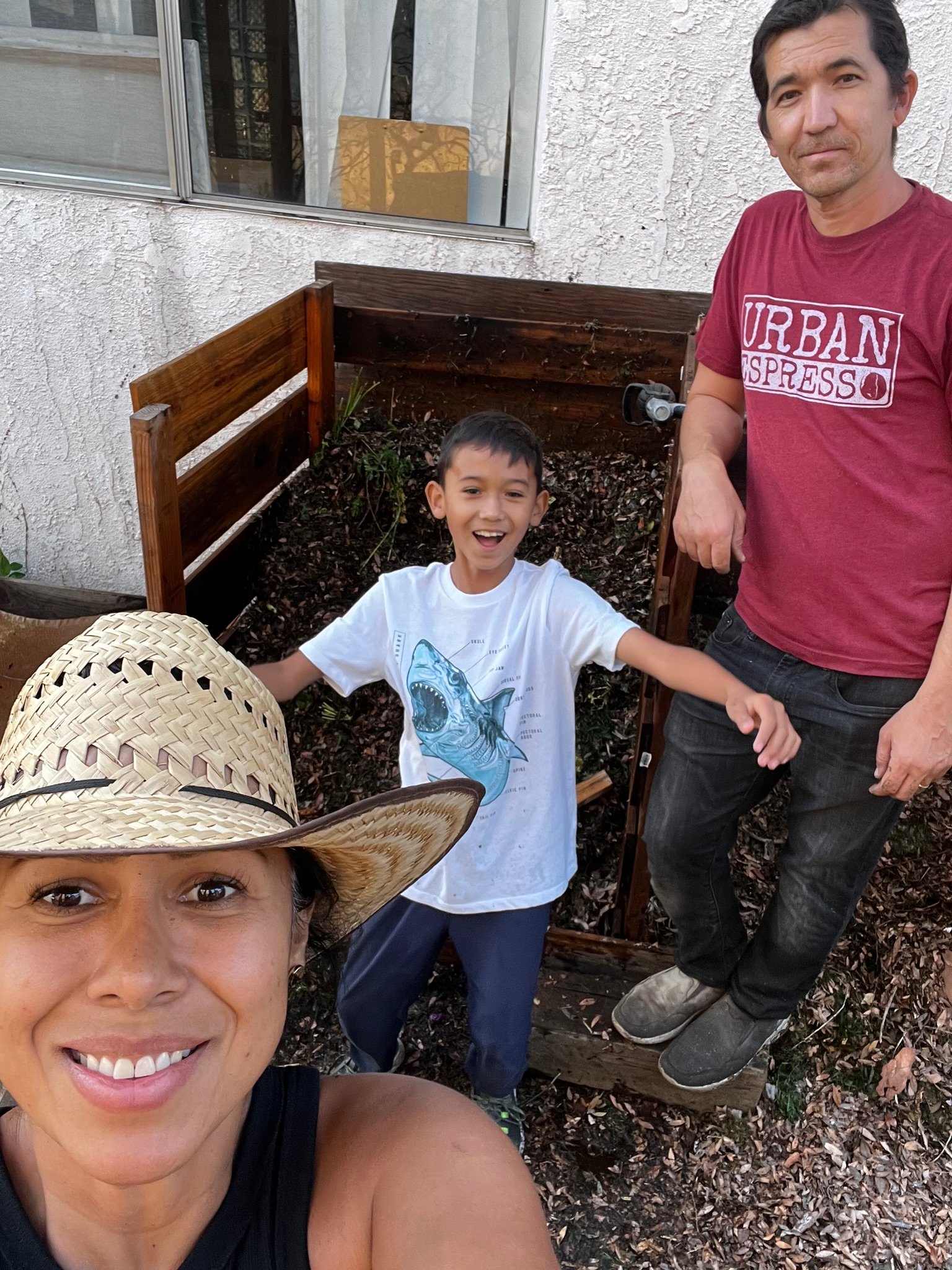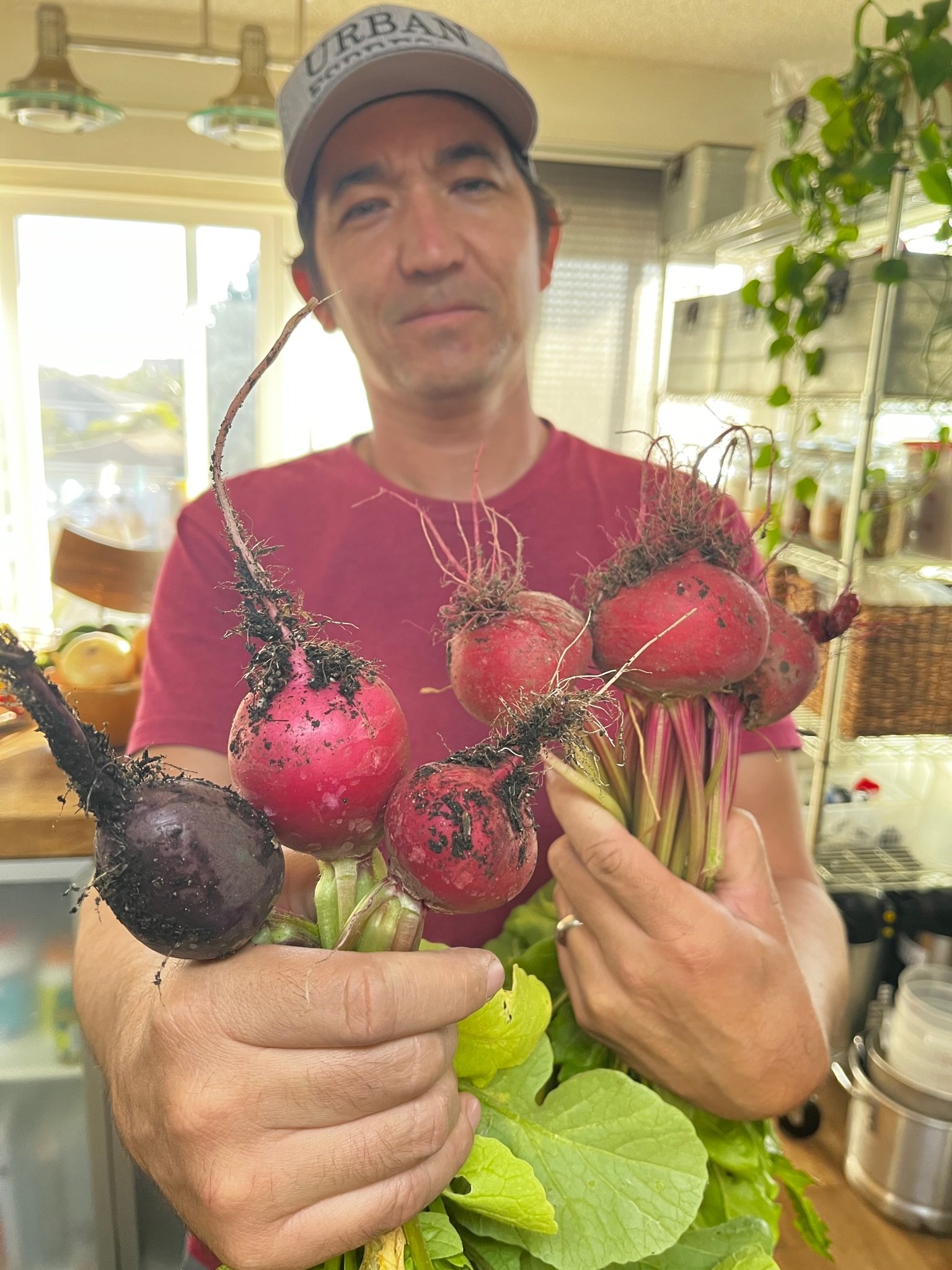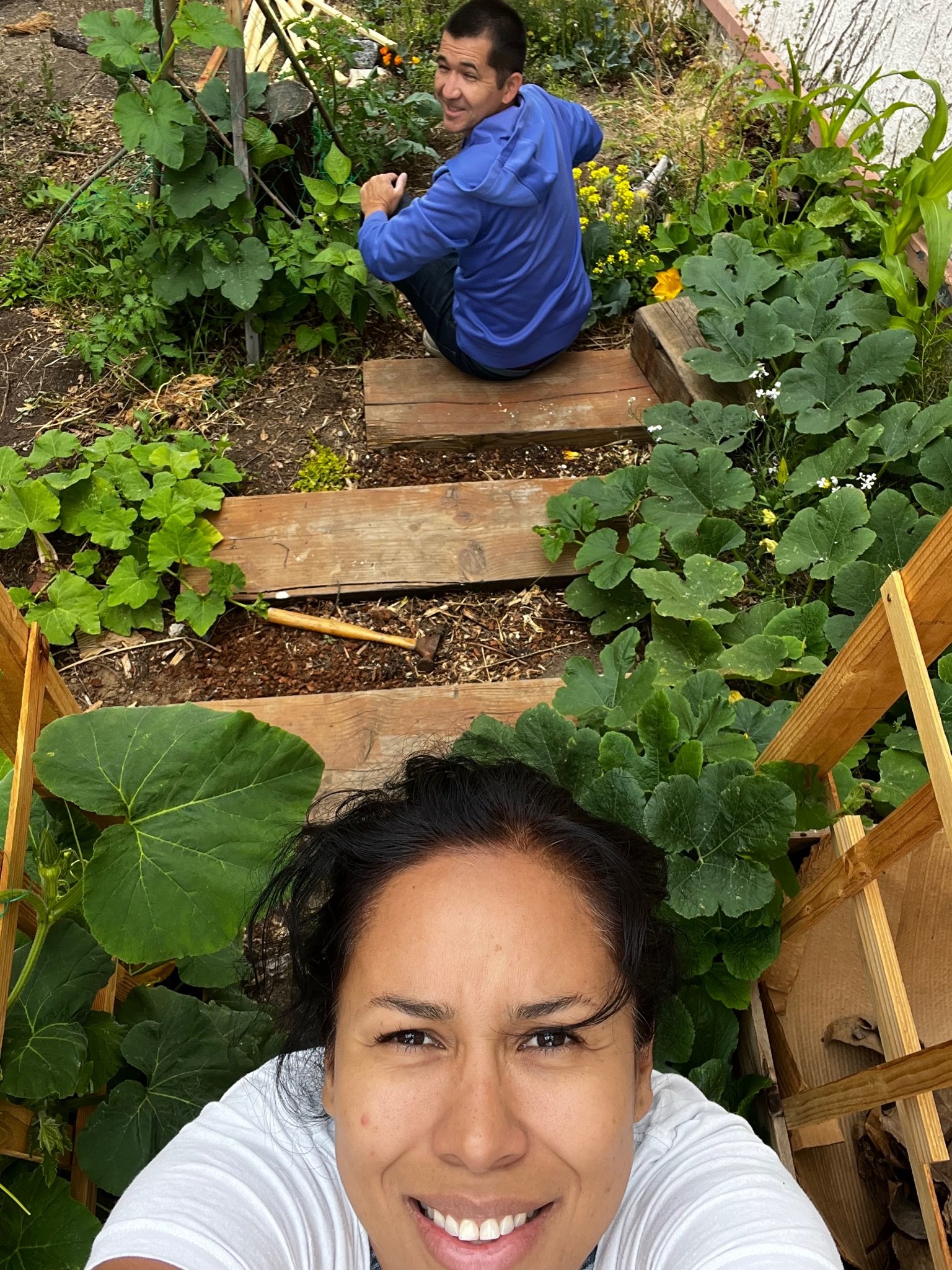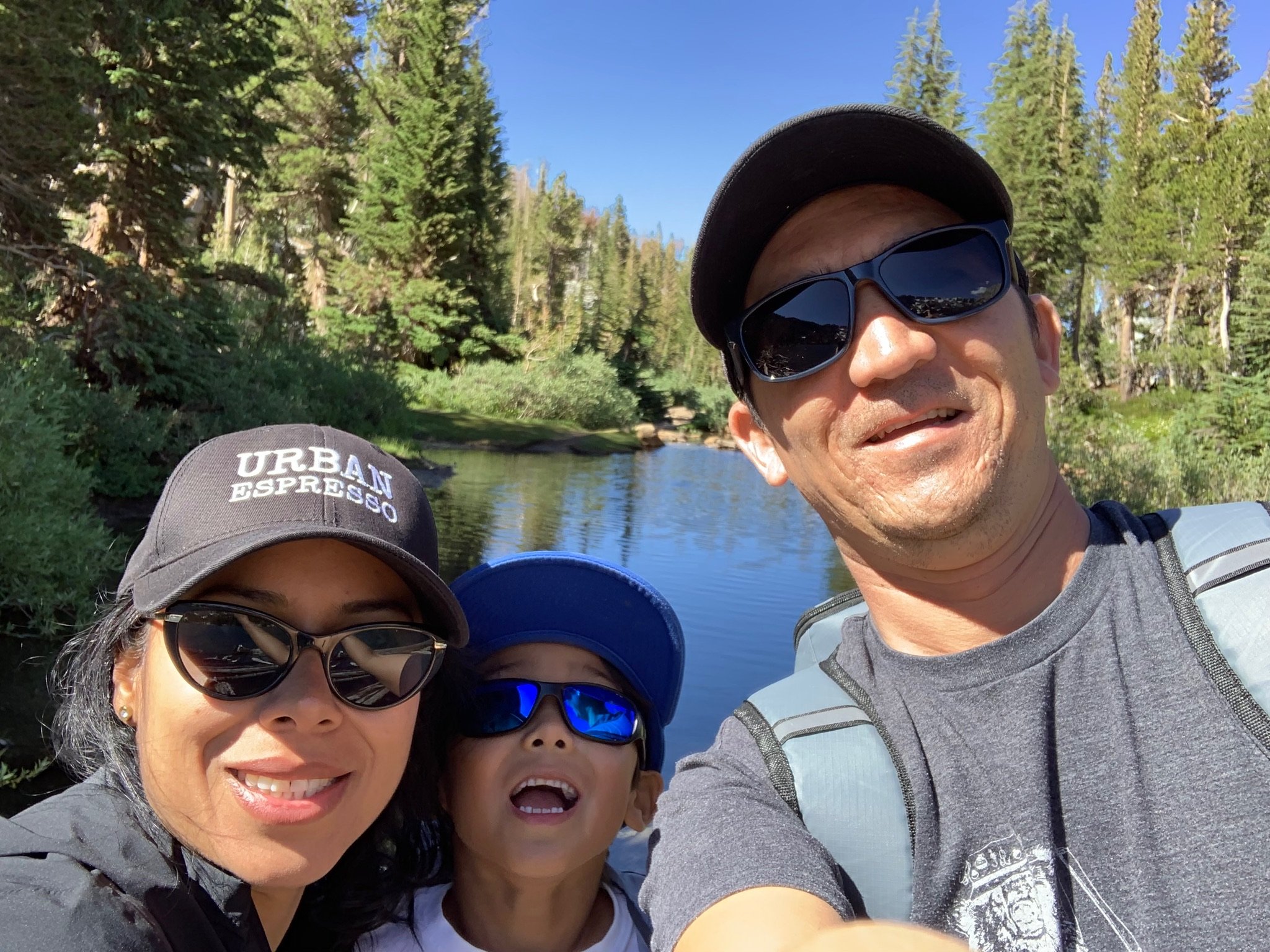As a business, we strive to make changes to improve our environmental impact.
We recognize the importance of sustainability, but we challenge ourselves to go one step above sustainability.
-
A regenerative business is one that gives back more to our planet than it takes.
Regenerative practices focus on topsoil regeneration, increasing biodiversity, improving the water cycle, enhancing ecosystem services, supporting biosequestration, increasing resilience to climate change, and strengthening the health and vitality of our soil.
We believe sustainability alone is not enough, as sustainability means giving back only what we take.
-
A sustainable company is concerned with reducing its ecological footprint, while a regenerative company boldly and positively takes altruistic measures to increase its socio-ecological handprint by regenerating the health of individuals, communities, and the planet.
-
Regenerative agriculture blends sustainable innovation with tradition. As the name suggests, it focuses on the literal regeneration of the soil and of the planet’s ecosystems.
Regenerative agriculture improves soil, delivers high productivity and high-quality food, helps fight climate change, and restores lost biodiversity. Regenerative Agriculture is an approach to farm and ranch management that aims to reverse climate change through practices that restore degraded soils. By rebuilding soil organic matter and soil biodiversity, we significantly increase the amount of carbon that can be drawn down from the atmosphere while greatly improving soil fertility and the water cycle.
Practices involved in Regenerative Agriculture include no-till or minimal tillage techniques. The use of cover crops, crop rotations, compost, and animal manures; the inoculation of soils with compost or compost extracts to restore soil microbial activity, and managed grazing.
-
• Help mitigate climate change by sequestering carbon in soil and reducing greenhouse gas emissions
• Restore threatened biodiversity and enhance natural habitats
• Soil Biodiversity
• Produce enough nutritious food for the world’s population
• Prevent further deforestation and grassland conversion by increasing productivity on existing farmland
• Enhance farmer livelihoods
• Clean and nutritious food
-
We recognize the difference we can make by protecting and nurturing our planet.
Kiss The Ground is prominent leader in spreading knowledge of Regenerative Agriculture.
• Here is a Kiss The Ground video on how soil sequesters carbon.
• A second Kiss The Ground video we recommend watching is their video on the benefits of composting.
-
• Composting our business organic waste
• Do not use herbicides, pesticides, fungicides, and insecticides
• Growing our ingredients in our organic garden
• Reduction of single-use plastic
• Compostable plastic cups and trash bags
• Paper straws
• Employees share money earned from recycling any plastic we use
• Purchase in bulk without plastic packaging when available
-
Lemons, Limes, Oranges, Mandarines, Avocado, Grapes (red, green and black), Spring mix, Sprouts, Radish, Beets, Lettuce, Kale, Corn, Roma tomatoes, Cherry tomatoes, Green tomatillos, Beans, Sweet Peas, Chiles Serranos, Chiles jalapeños, Bell peppers, Eggplants, Blueberries, Raspberries, Strawberries, Cucumbers, Luffas, Onions, Chives, Basil, Mint, Rosemary, Sage, Oregano, and Thyme
-
If you don’t know where to start, start by watching the Kiss The Ground ecology documentary.
Learn more about how to combat climate change on the Kiss The Ground website. They inspire participation in the regenerative agriculture movement.
Another key player in this ecological effort is Biodynamic Coffee. They “[believe] that Regenerative Organic Farming is one of the most important things we can do to improve the health & diversity of all life on our planet.”


